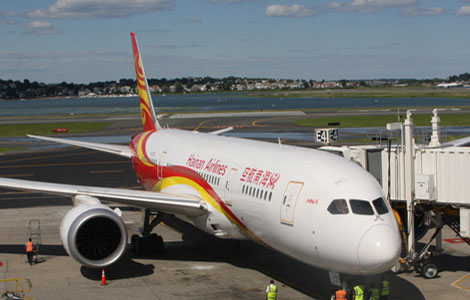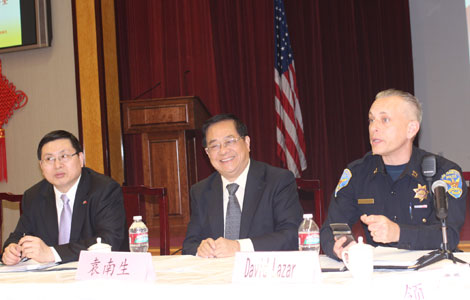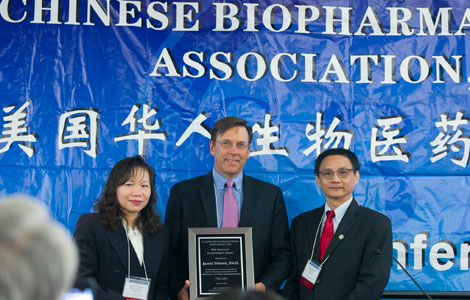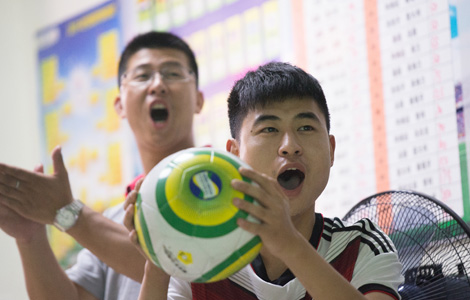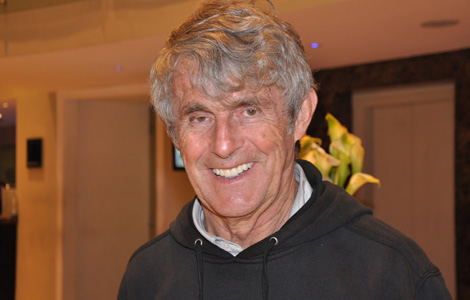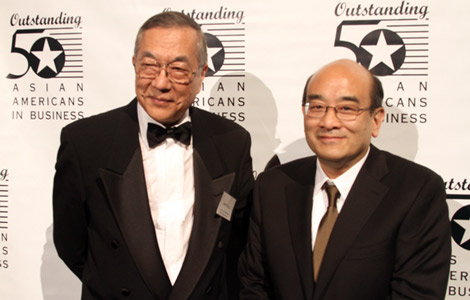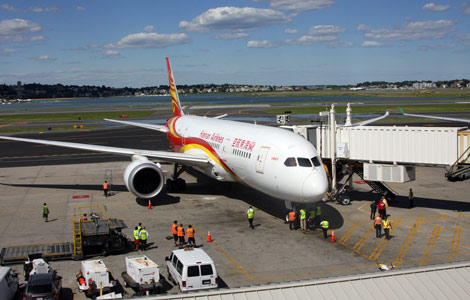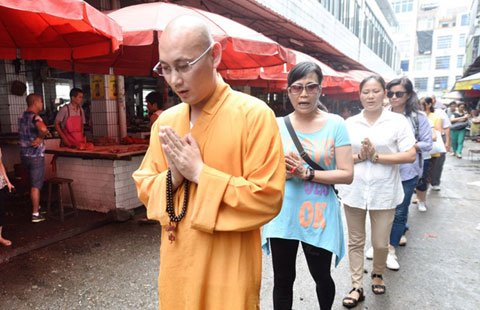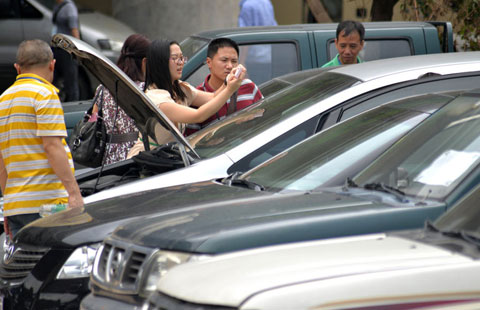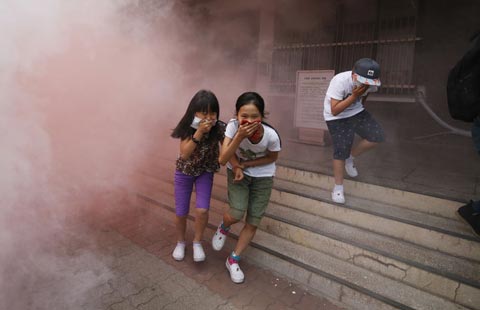PLA official rips Tokyo's 'historical distortions'
Updated: 2014-06-23 06:56
By Zhang Yunbi (China Daily USA)
|
||||||||
Japanese panel questioned 'truth of Kono Statement'
Japan's latest historical revisionist move is fueling the tension above the East China Sea, making a political settlement more unlikely, senior officials and experts warned on Sunday.
Policy insiders from several nations said "a deeper problem" behind the historical and maritime feuds is that an effective regional security consulting mechanism is "yet to be established" to secure the sea.
"The right-wing Japanese leader has not shown the slightest remorse about his country's past atrocities", and "he is even investigating and questioning the Kono Statement, whose contents are beyond doubt and confirmed true," Sun Jianguo, deputy chief of general staff of the People's Liberation Army, said at the third World Peace Forum on Sunday.
The 1993 statement made by Japanese then-chief cabinet secretary Yohei Kono apologized for Japan's wartime atrocity of forcing Asian women into sexual slavery and calling them "comfort women".
A panel report made by Japanese government-chosen experts angered Seoul and Beijing on Friday by saying that Japan "worked closely with South Korea" behind the scenes on the wording of the statement, indicating that the statement is an outcome of political bargaining or concession.
Sun called on the world to "remain alert against the plan of Japanese right-wing forces to challenge postwar order and revive militarism".
Yu Myung-hwan, former South Korean minister of foreign affairs and trade, said, "The Abe administration is trying to either reverse or modify the government's past positions regarding their understanding of the history."
Abe and his Cabinet have visited the Yasukuni shrine, where Class-A war criminals are honored, and Yu said that act "may be understood as denying the verdict of international military tribunal".
Sun's speech directly called on the Japanese Cabinet to "stop hurting the feelings of the victimized Asian neighbors", said Liu Jiangyong, a Japanese studies expert at Tsinghua University.
Takashi Inoguchi, president of the University of Niigata Prefecture and a China affairs expert, said Abe toned down his historical revisionism when addressing the Shangri-La Dialogue in Singapore recently, due to pressure from Washington, but the moderate tone does not mean he has altered his principles.
Meanwhile, policy insiders warned that the security environment in East Asia is deteriorating, in part because of Japan.
Speaking of the flaring dispute over the Diaoyu Islands, He Yafei, vice-minister of the Overseas Chinese Affairs Office of the State Council, said, "We clearly see signs of Japan trying to change the status quo and established post-World-War-II order."
Yang Bojiang, an expert on Japan studies at Chinese Academy of Social Sciences, said historical and territorial issues are unlikely to be resolved, and the only feasible path is to rein in the problems rather than to flare them.
zhangyunbi@chinadaily.com.cn
(China Daily USA 06/23/2014 page1)
Most Viewed
Editor's Picks

|

|

|

|

|
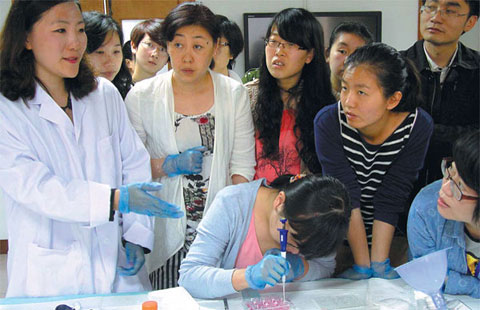
|
Today's Top News
Criticism by ex-US official dismissed
PLA official rips Tokyo's 'historical distortions'
32 terror groups busted in Xinjiang
Chinese paper plant to employ 2,000 by 2020
China hits the Western operatic 'High C'
Neighboring countries urged not to stir tensions
Criticism by ex-US official dismissed
Roughshod over China's rights
US Weekly

|

|
